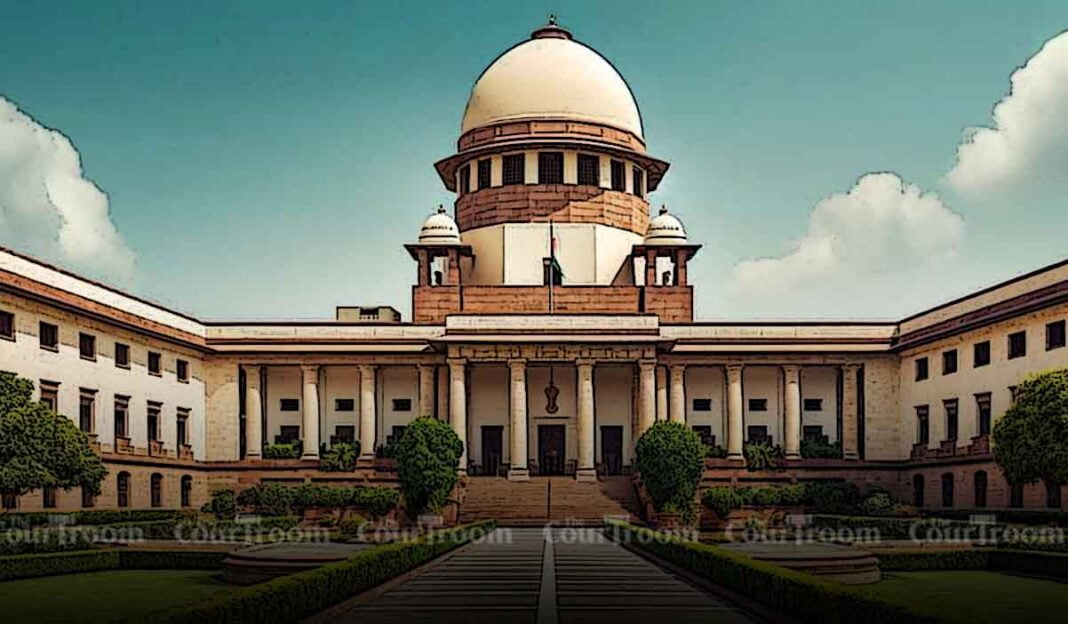Supreme Court Endorses Sub-Classification of SC/STs; Overrules EV Chinnaiah Decision
Context of the Case
In a landmark ruling, the Supreme Court of India has affirmed the legality of sub-classifying Scheduled Castes (SCs) and Scheduled Tribes (STs) into different categories based on their relative backwardness. This decision overrules the earlier 2005 judgment in *EV Chinnaiah v. State of Andhra Pradesh*, which had deemed such sub-classification unconstitutional. The case at hand challenged the validity of the Punjab Scheduled Caste and Backward Classes (Reservation in Services) Act, 2006, which had implemented sub-classification within reserved categories.
Court’s Majority Opinion
A seven-judge Constitution bench, led by Chief Justice of India (CJI) DY Chandrachud, along with Justices BR Gavai, Vikram Nath, Bela M. Trivedi, Pankaj Mithal, Manoj Misra, and Satish Chandra Sharma, ruled in favor of allowing sub-classification. They reasoned that SCs and STs do not form a homogeneous class and that historical evidence and social conditions justify sub-classification to ensure equitable distribution of benefits. The Court clarified that Article 341 of the Constitution, which empowers the President to prepare a list of SCs and STs, does not prevent states from making such distinctions within these categories.
Dissenting Opinion
Justice Bela Trivedi, however, dissented, arguing that sub-classification infringes upon the President’s exclusive authority to list SCs and STs and constitutes an impermissible alteration of this list. She maintained that such actions could amount to a colorable exercise of power.
Additional Observations
Justices BR Gavai, Pankaj Mithal, and Satish Chandra Sharma advocated for identifying a “creamy layer” within SC/ST categories, suggesting that individuals who have benefited from reservation should be excluded from future affirmative action. This proposal aims to ensure that reservation benefits target those who are truly in need.
Implications of the Ruling
The Supreme Court’s decision validates the sub-classification laws in Punjab, Tamil Nadu, and other states that had been challenged. The ruling establishes that sub-classification is permissible if supported by empirical data and a rational nexus to address backwardness, without being subject to political expediency.
Legal Representatives
- Solicitor General Tushar Mehta and Advocate Kanu Agrawal represented the Union government.
- Advocate General Gurminder Singh and Additional Advocate General Shadan Farasat, with Advocate Natasha Maheshwari, appeared for Punjab.
- Senior Advocates Shekhar Naphade, Purnima Krishna, and MF Philip represented Tamil Nadu.
- Senior Advocate Arun Bharadwaj appeared for Haryana.
- Various senior advocates, including Gopal Sankaranarayan, Kapil Sibal, and Salman Khurshid, supported sub-classification.
- Senior Advocates KK Venugopal and Sidharth Luthra represented supporting factions, while Senior Advocate Manoj Swarup and Advocate Saket Singh opposed it.
This decision reshapes the landscape of affirmative action in India, allowing for more nuanced and effective measures to address socio-economic disparities within reserved categories.
(With inputs from agency)
Share your news, articles, deals, columns, or press releases with us! Click the link to submit and join our platform today.


